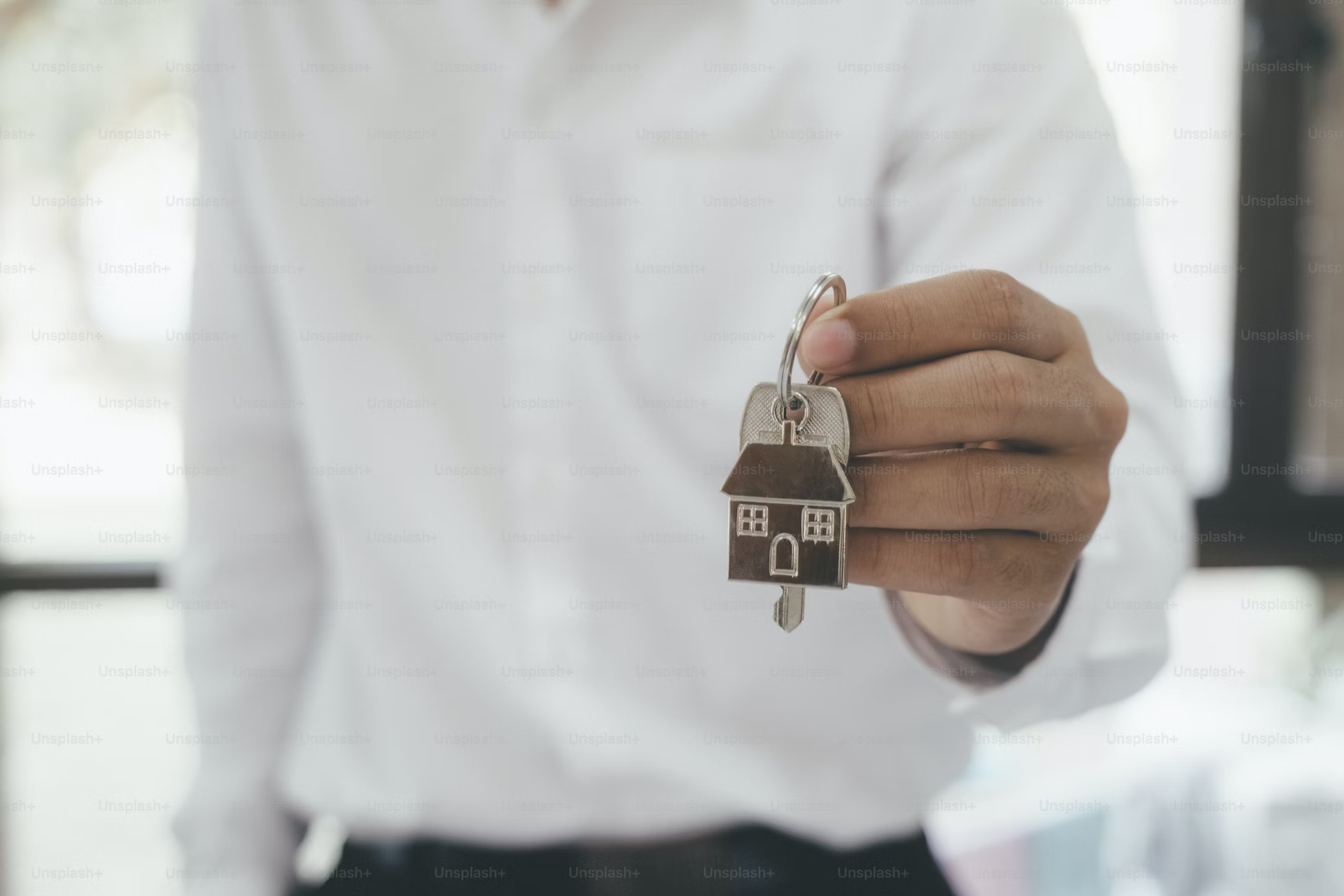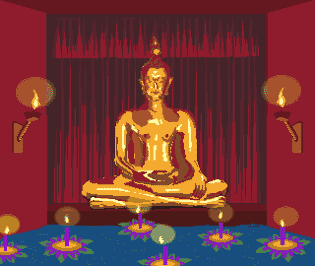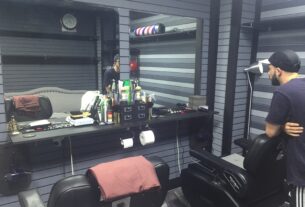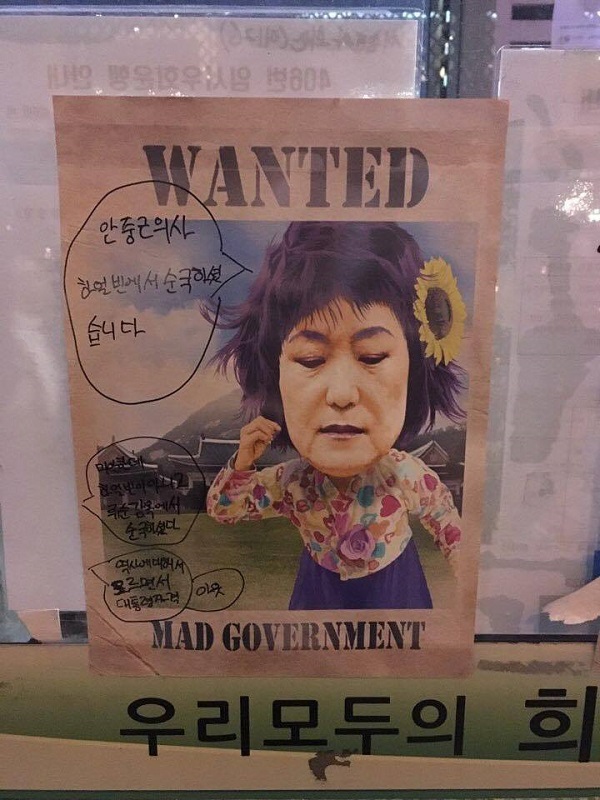Are you thinking about joining the 23,000 adventurers, who have already made South Korea their home away from home? But… you’re worried about rising housing costs? No need to panic–renting in South Korea is a practical option as long as you’re backed up with the right paperwork and deposit. From the pulsating, energetic heartbeat of Seoul to the serene, coastal rhythm of Sokcho, picking the perfect pad can shape your entire South Korean escapade. Go ahead and dive into the details before you confidently ink that rental contract.
Where to Rent
The place where you’ll be renting an apartment will highly depend on your purpose for moving to South Korea. Obviously, if you’re there because you need to do business in Seoul, then you’ll need to find an apartment within the area. But if you’re moving so you can experience a different way of life, you may want to consider other cities such as Busan or Daegu. Note that the average cost of rent in Seoul is around 750,000 won or around $555 per month. Meanwhile, rent in Busan is around 470,000 won or $348 per month, while the average rent in Daegu costs about 408,000 won or $302 every month.
If you don’t mind a short commute, consider renting a home in a suburb close to the main city. For instance, if you want to live in Seoul but want to pay cheaper rent, take a look at places like Ilsan, Incheon, and Bundang. It takes about 23 minutes to drive or commute from Ilsan to Seoul, while it’s around 17 minutes if you’re coming from Bundang. Incheon, which is home to the country’s largest international airport, is a bit further away and it will take you nearly an hour before you can reach the main city. However, the cost of housing in Incheon is far cheaper compared to Seoul since the average rent here is about 450,000 won for one person. Apart from cheaper rental prices, there are also more housing options in the suburbs, so you can take your pick from apartments or houses, and even rental properties that are accessible for people with disabilities.
Opt for a “Wolse” Rental Agreement
There are two types of common rental agreements in South Korea, namely wolse and jeonse. Most expats prefer a wolse since this type of lease is the most familiar to them– you simply put down a deposit, which is also referred to as key money, then pay rent every month. Meanwhile, a jeonse lease means you’ll have to put a larger deposit that’s no less than around 500 million won, but with this you don’t need to pay a monthly rent. In this type of agreement, the landlord earns rental income by putting the money in an account that gains interest.
Having a jeonse lease can be advantageous only if you have the funds for it, and if you don’t have the necessary papers to prove your employment. But if you’re looking to save money, definitely opt for a wolse. This type of lease is good for two years, and you can pay a lower monthly rent if you offer to increase your key money.
Other Ways to Save on Apartment Rental Costs
When looking for a rental property, talk to a real estate specialist and ask them to give you a tour of the apartment. If you’re being shown properties that’s out of your budget, ask them if they can show you a rental in an older building that’s within the same area. Usually, older buildings in South Korea don’t come with the modern conveniences of new properties, so they’re cheaper to rent.
If you really want to live in a new building though, ask the realtor if you can see an apartment unit on a lower floor. Generally, the higher the floor, the more expensive the rent. You can also ask to see an apartment that has north or west-facing windows. Typically, apartments that have east or south-facing windows get more sunlight, and that makes them more expensive.
Renting a property in South Korea may seem a little more pricey compared to other Asian countries, but there are ways to lower your rent and get a good place that suits your lifestyle. Consider these tips to rent an apartment in South Korea without breaking the bank, so you can find a place that you’ll enjoy coming home to in the coming months or years.



